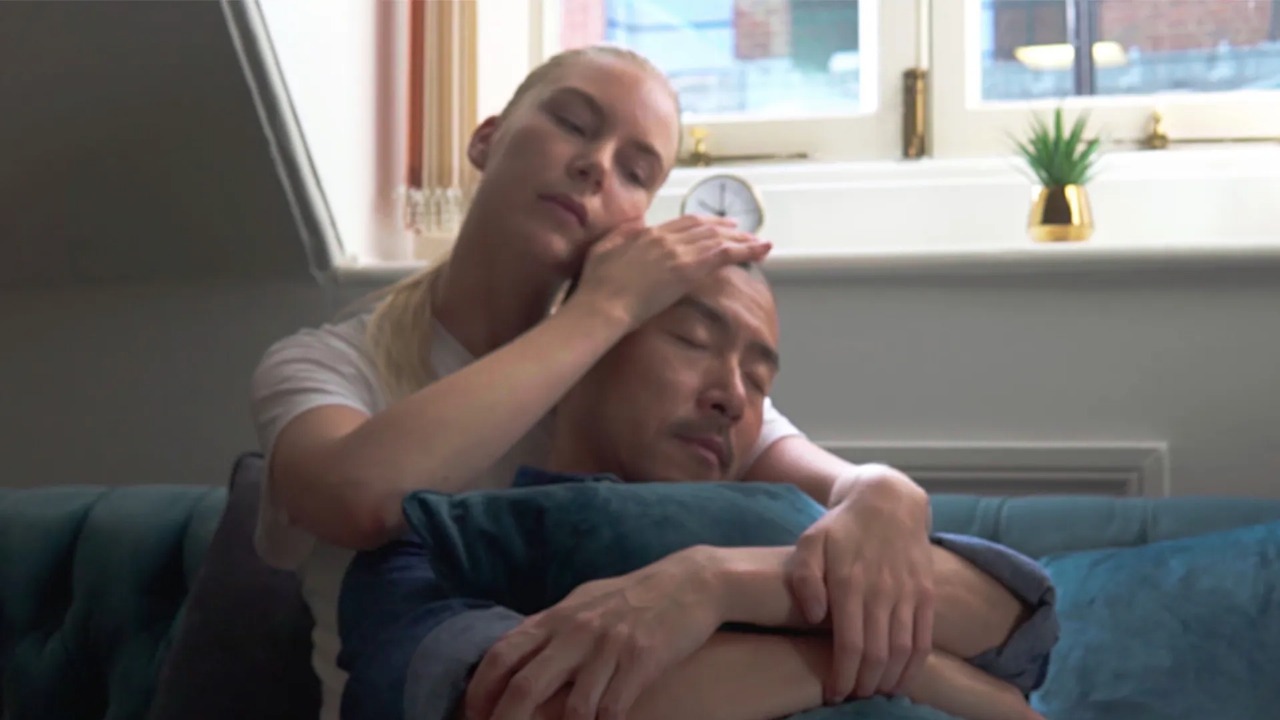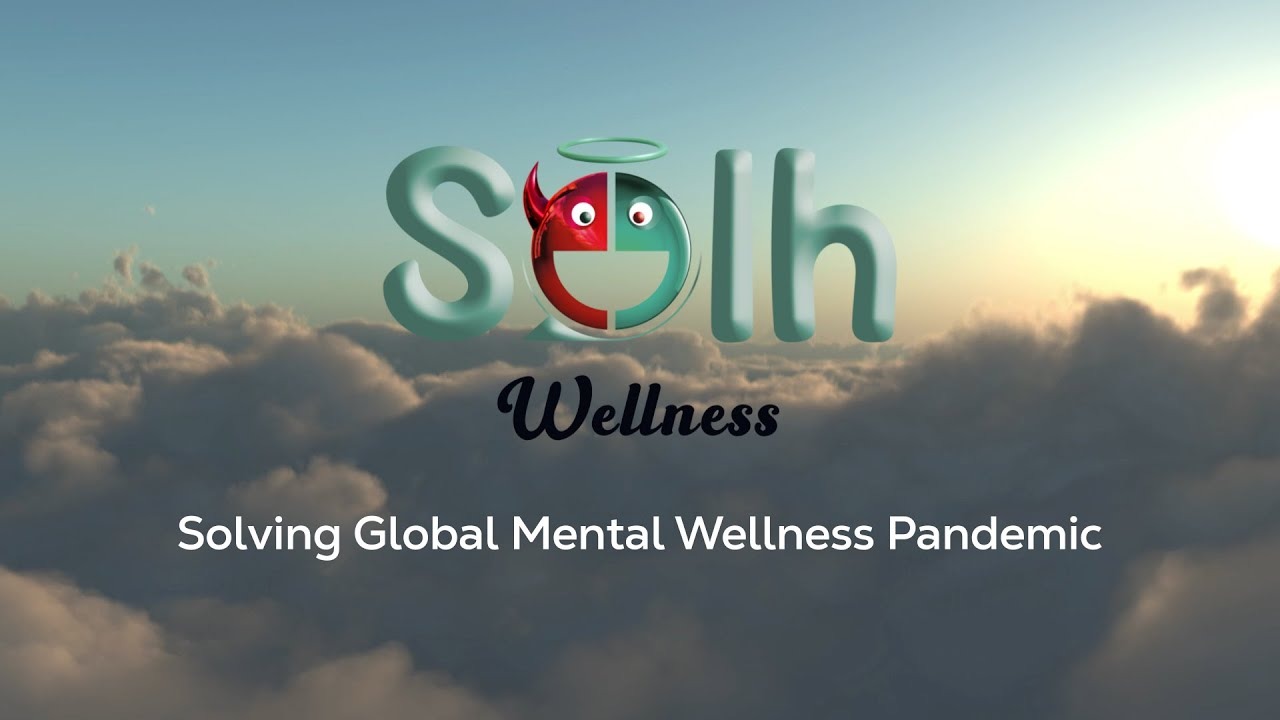
Follow WOWNEWS 24x7 on:

As India's cities continue to grow and modern urban lifestyles increase digital connectivity but reduce physical interactions, a new trend is emerging—professional cuddle therapy. This therapeutic practice offers consensual, non-sexual human touch as a powerful antidote to emotional isolation, reflecting a broader cultural shift toward prioritizing emotional human care in urban centers.
Key Highlights of the Urban Isolation Solution:
Rise of Cuddle Therapy: Increasingly popular in metropolitan India, cuddle therapy—also called healing touch therapy—provides a safe, structured space for platonic physical contact, helping to meet the essential yet often neglected human need for touch.
Target Groups: Sessions are sought by diverse individuals including cancer patients, trauma survivors, people coping with heartbreak, and those experiencing loneliness or emotional numbness.
Ethical Practice Focus: Professional cuddle therapists emphasize hygiene, consent, and clear boundaries to create trustworthy environments where clients feel secure and respected.
Session Elements: Typical sessions include gentle holding, side hugs, hand-holding, grounding exercises, and mindfulness accompanied by empathetic listening and emotional support.
Price and Access: In India, cuddle therapy prices range broadly from approximately Rs 2,000 to Rs 20,000 per hour, varying by location and practitioner experience. Some therapists also offer subscription models or events for wider reach.
Understanding the Need for Physical Touch in Urban India
In today’s digitally connected but physically separated world, many urban dwellers suffer from “touch starvation,” a condition linked to feelings of loneliness, anxiety, and heightened stress. Experts explain that physical touch biologically promotes oxytocin release, which calms the nervous system, reduces cortisol levels, and enhances emotional wellbeing. The modern pandemic of social isolation, compounded by busy lifestyles and nuclear family setups, leaves many craving safe human connection, which professional cuddle therapy addresses.
The Cultural Shift Toward Emotional Human Care
This growing practice illustrates a subtle but profound cultural change in Indian urban settings, where mental health awareness is increasing, and traditional stigmas around emotional vulnerability are gradually eroding. Individuals are prioritizing self-care, emotional regulation, and holistic wellbeing. Cuddle therapy fits into wider trends embracing alternative therapies, mindfulness, and community support systems to nurture mental health beyond clinical interventions.
How Cuddle Therapy Works and Its Psychological Benefits
Cuddle therapists guide clients through carefully consented physical contact combined with mental grounding techniques. The sessions promote emotional regulation, reduce stress and anxiety, and create a sense of safety and belonging. While not a substitute for clinical therapy, cuddle therapy can complement psychological treatments by meeting fundamental social and emotional needs.
Practitioners report clients often experience:
Reduced loneliness and emotional numbness
Improved mood and relaxation
Better stress management and decreased feelings of anxiety
Enhanced body awareness and acceptance
Challenges and Professional Standards
Cuddle therapy requires stringent ethical guidelines. Therapists must manage boundaries sensitively, provide trauma-informed care, and screen clients to avoid retraumatization. Psychological experts urge clarity that cuddle therapy is a supportive emotional tool, not psychotherapy or healing for deep psychological disorders, necessitating professional oversight.
Future Outlook and Societal Impact
As Indian cities confront rising urban isolation, the emergence of professional cuddle therapy signals a move toward innovative emotional care solutions that blend emotional, cultural, and physical wellbeing. It encourages the normalization of safe, platonic touch as a vital part of human health. This evolving cultural acceptance may drive further integration of holistic, trauma-sensitive practices within India’s mental health landscape and wellness industries.
Concluding Thought
Professional cuddle therapy is more than just a comforting embrace; it symbolizes a shift in urban India’s approach to mental health and human connection. By addressing the quiet epidemic of urban isolation and touch deprivation, it champions emotional human care and strengthens resilience in a fast-paced, often disconnected world.
Source: Economic Times, The Week, Aadi Care
